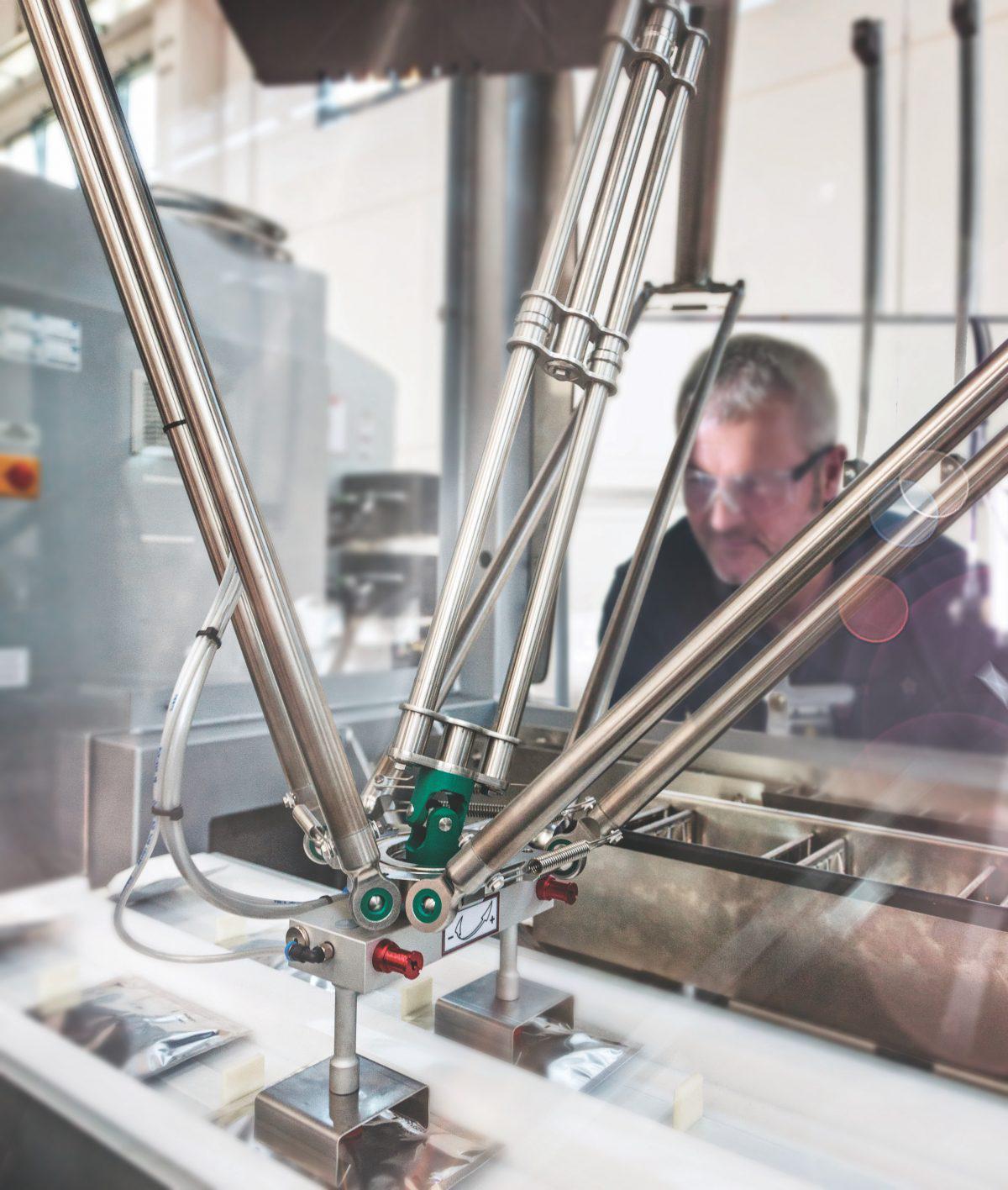
Industry must embrace AI and roboticsSchneider Electric
If artificial intelligence (AI) was as developed two years ago as it is now, we could probably have predicted the result of the Brexit referendum. That is what AI excels at, analysing an immense amount of data from an array of sources to draw connections and predict outcomes.
At its core, AI is all about crunching the data and coming up with insights that the human brain cannot. This is why it is emerging as a key competitive advantage and the decisive differentiator between companies. From boardroom to the factory floor, AI supports better decision making, increasing productivity and profit.
AI development resembles an arms race. The pace of progress means that a faster solution is always being created somewhere. If organisations or countries fail to make AI a strategic priority, it is easy to fall behind.
UK industry needs more machines, and it needs them fast. There are only 71 robots in the UK for every 10,000 manufacturing employees, compared to over 300 boasted by Germany. Manufacturers could benefit enormously from automation through the use of robotics, machine learning and artificial intelligence, but they must first confront what is holding them back.
The Industrial Potential Of AI
In the age of smart factories and the Internet of Things, AI delivers a competitive advantage that manufacturers cannot afford to ignore.
We are rapidly moving from a world of dedicated production lines, where high volumes of the same product are produced, to a more digital, flexible and responsive world where every individual product can be manufactured to a bespoke customer specification, on demand. AI will help future manufacturing leaders to service this demand.
In a connected factory, hundreds or even thousands of sensors are producing voluminous amounts of data, whether it be customer feedback or equipment status updates. It is AI that helps operators to make sense of all this data and make the best optimisation decisions.
For example, in the realm of predictive maintenance, AI solutions can actively monitor the health of devices, detect issues and use models to determine when they will fail and when they will require maintenance. Having this system in place reduces the occurrence of equipment failure, slashes the cost of repairs and helps factories avoid costly downtime.
Productivity has been a perennial problem for this country, but AI gives us the opportunity to turn things around. The impact of integrating AI into a manufacturing environment is not dissimilar to upgrading a paper-based back office system into a proper IT infrastructure. Immediate productivity gains of up to 20 per cent should not be surprising.
The use of AI and machine learning augments the production line, helping machines adapt quickly to operational changes such as when a fault is detected in a product and factories must ensure it is not replicated in future. Furthermore, through deep learning capabilities, this is all possible without the need for time-consuming programming.
When a manufacturer combines human expertise with AI, the work of three shifts is possible in one. The collaboration of humans and machines will deliver better output, higher-quality products and less wastage on the factory floor.
Roadblocks To Success
Like all new technologies, AI must progress through its own teething phase. A great deal of hype surrounds the technology and sectors speak in unison of their eagerness to embrace it. Yet, the response from UK manufacturers is less certain.
Compared to most other nations, the UK deals primarily in smaller and medium-scale manufacturing. Our manufacturers often lack the financial firepower of many large conglomerates and, in a consistently challenging market, it is easy to see why justifying the business case for AI may seem difficult.
And there’s no denying that AI is highly scalable and thrives when being deployed at scale. The benefits of deploying AI-driven automation in only one factory are unlikely to match the impact of AI implemented across many different sites. However, British Industry needs to ask itself if it can afford to be left behind whilst countries with larger manufacturing bases are rapidly advancing.
I believe that British industry must hold its nerve. AI solutions, when implemented correctly, will not only boost profits and efficiency, but help UK manufacturers to match the output of their larger competitors.
AI could be the decisive factor that hones the UK’s competitive edge and re-invigorates its industrial potential. However, it all depends on how we approach it. Following the UK’s exit from the EU, it is essential that both the UK government and businesses retain and attract the expertise needed to take advantage of the technology and keep up with its development.
Manufacturers should invest wisely and invest quickly in both their people and their technology to stay competitive. Should we fail to adopt it, AI could prove our undoing rather than our salvation.